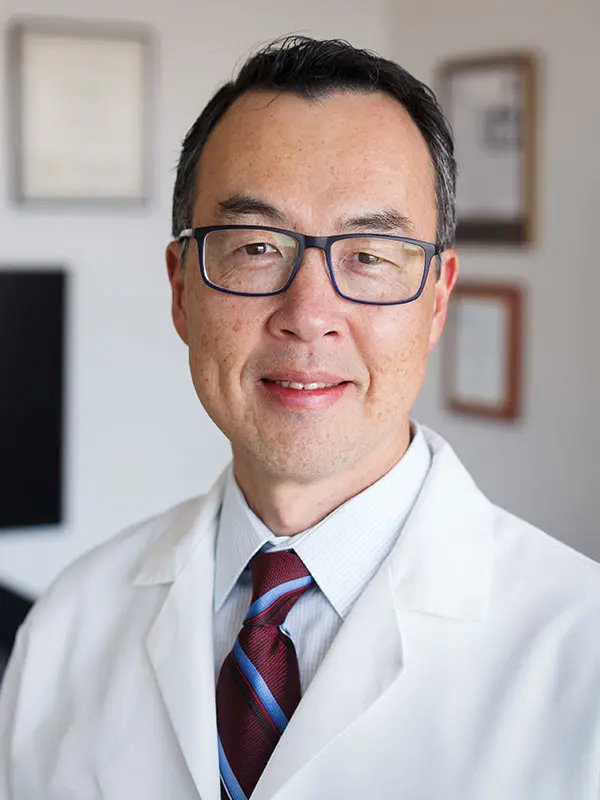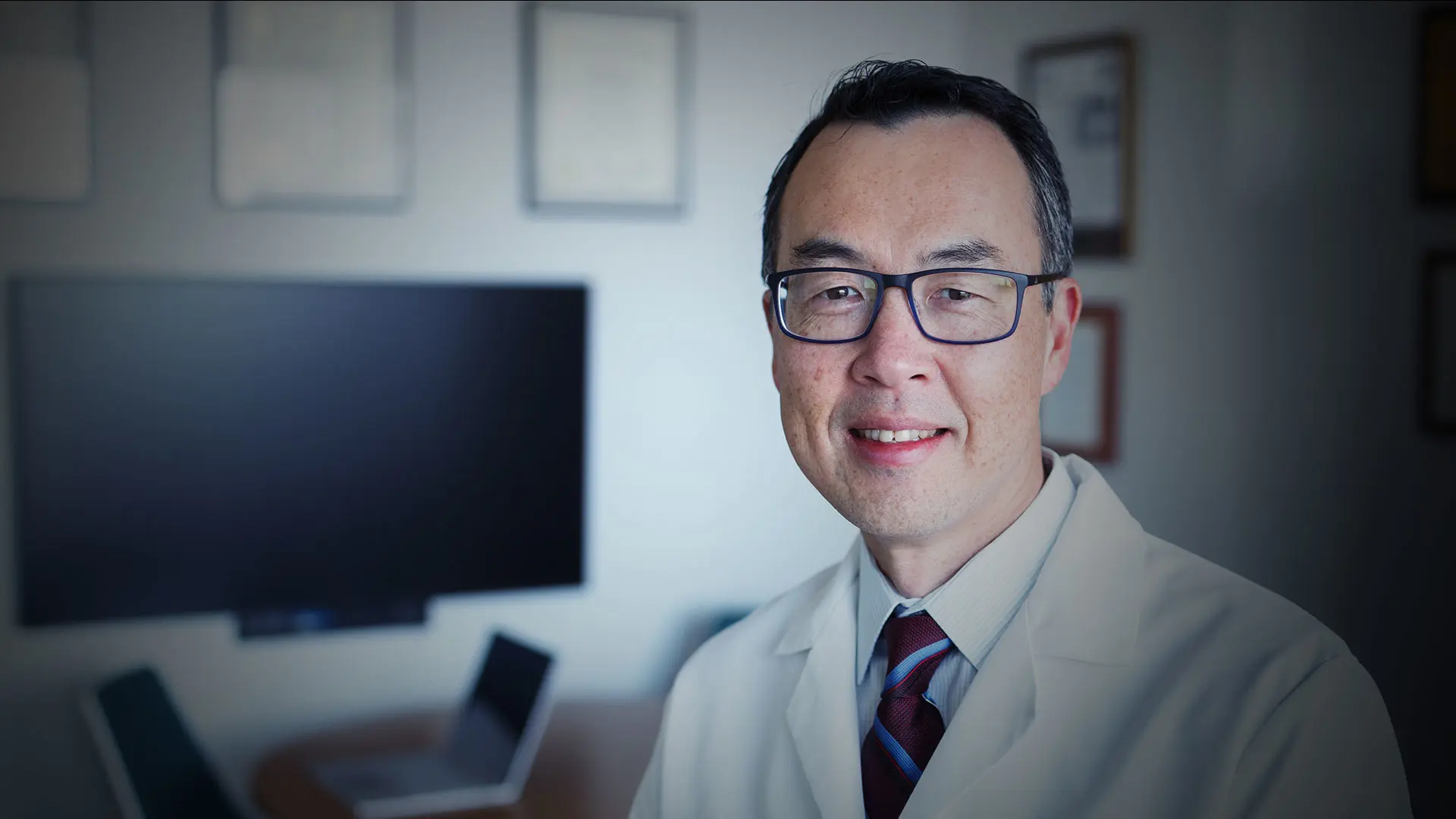Arriving at the Icahn School of Medicine at Mount Sinai for his Otolaryngology Residency Program interview in 1992, John Rhee, MD, MPH, was excited. For one, he had grown up on Long Island, so he knew Mount Sinai’s reputation for innovation and excellence in care. He also knew that it had one of the best otolaryngology programs nationwide. Moreover, a match would enable him to be close to his family, which was important to him. This, Dr. Rhee thought, was the place he was meant to be.
Over the course of the interview, he began to think the feeling was mutual. “It was a really great conversation,” says Dr. Rhee, Professor and Chairman of the Department of Otolaryngology at the Medical College of Wisconsin. “There was a really good energy and connection, I felt I could potentially train at Mount Sinai. When I found out I had matched, I was very excited.”
That excitement continued throughout Dr. Rhee’s residency as he realized the breadth and depth of Mount Sinai’s Otolaryngology Department. It was clear to him that it had assembled the top thinkers in the field—mentors who would impart the skills and knowledge he needed to become a leader himself. Moreover, he knew the work they were doing was groundbreaking. Dr. Rhee remembers how Mark Urken, MD, Professor of Otolaryngology-Head and Neck Surgery at Icahn Mount Sinai, was advancing microvascular reconstruction at the time. His work not only revolutionized the field of head and neck restoration, but also set the stage for future procedures such as facial transplants.
“Dr. Urken was one of many individuals who was always striving to push the boundaries of clinical excellence and innovation,” Dr. Rhee says. “That takes courage and vision to do. I have tried to incorporate that same spirit and philosophy in my own career and how I lead my department and institution today.”

John Rhee, MD, MPH, with colleagues.
Achieving Expertise Through Training and Mentorship
More than offering a glimpse of the future of otolaryngology, Mount Sinai offered Dr. Rhee many opportunities to gain the surgical skills he needed to be part of it. He recalls assisting Michael Rothschild, MD, Director of Pediatric Otolaryngology, and Professor of Otolaryngology, at Icahn Mount Sinai, in performing one of the first laryngotracheal reconstructions ever done at Mount Sinai. He was also asked by William Lawson, MD, DDS, Professor of Otolaryngology at Icahn Mount Sinai, to assist Icahn Mount Sinai alumnus Frank Kamer, MD, in performing a live surgery during a rhinoplasty course.
“That was like a tap on the shoulder saying, ‘We trust you to do a good job,’” Dr. Rhee says. “That connection to Dr. Lawson and Mount Sinai opened the door for a formative fellowship in Miami before I came to the Medical College of Wisconsin.”
As much as Dr. Rhee valued that vote of confidence from Dr. Lawson, it was the time he spent observing and assisting the late Hugh Biller, MD, the former Chair and Professor of Otolaryngology-Head and Neck Surgery at Icahn Mount Sinai, that shaped him as a surgeon. Perhaps the key lesson he learned from Dr. Biller was that surgical efficiency is achieved through expert decision-making, not necessarily by manual dexterity.
“When you operated with Dr. Biller, everything went so smoothly,” Dr. Rhee says. “There were no wasted moves. My understanding of what makes a great surgeon came from him and every time I share his advice with my residents, I can almost see him standing there at my shoulder.”
Clearly, the training and the mentors that Dr. Rhee encountered at Icahn Mount Sinai continue to influence him both as a surgeon and chair, and his approach to training. Having benefited from that experience, he is delighted to share his advice with the next generation of trainees who follow in his footsteps at Mount Sinai.
“There is an art to being a great mentee, a forever learner, striving to be better today than yesterday,” he says. “At this point in my career, I serve in the mentor role more than mentee now, but I am always thirsty to learn from others—colleagues, staff, residents, fellows, and students. One key aspect of being a great mentee is being proactive in communication with your mentors—be courageous in sharing your dreams and thoughts.”
Featured

John Rhee, MD, MPH
Professor and Chairman of the Department of Otolaryngology at the Medical College of Wisconsin
